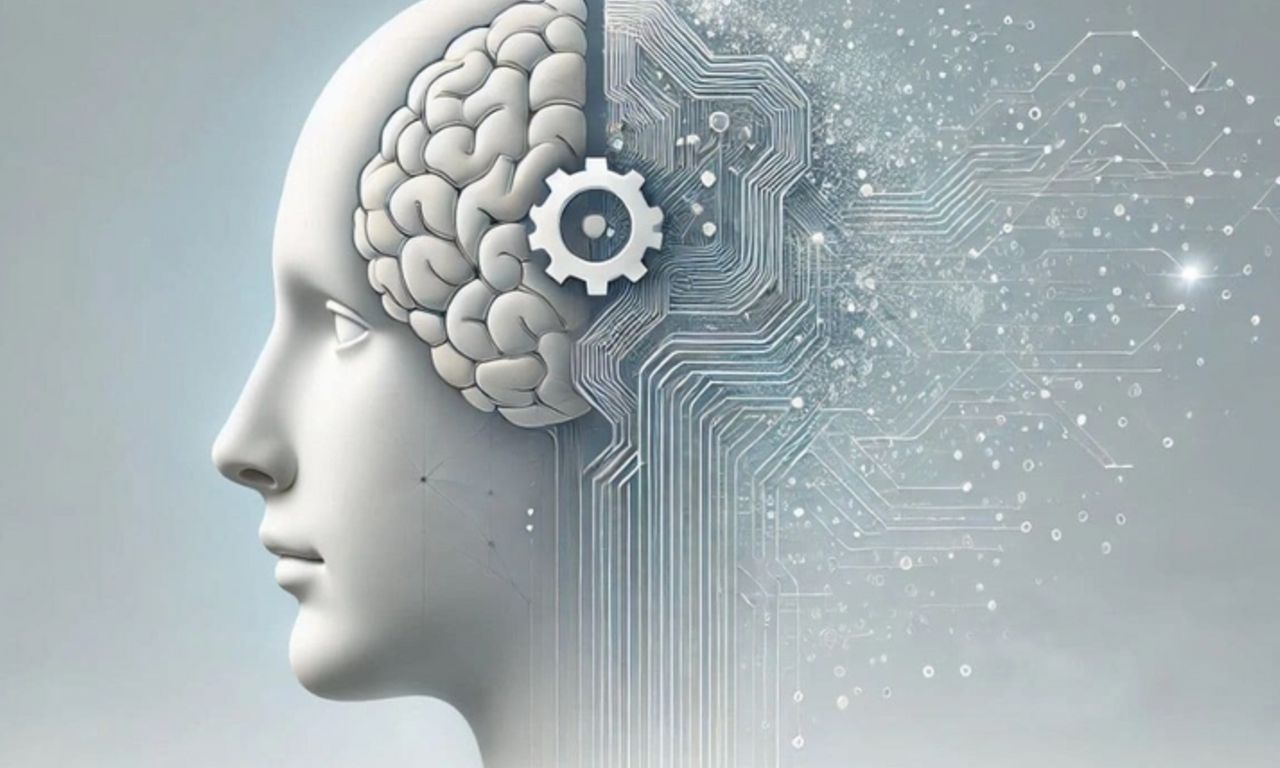Artificial intelligence (AI) has become essential in daily life, enhancing efficiency in tasks ranging from simple searches to complex decision-making. However, reliance on AI raises concerns about cognitive offloading, potentially diminishing critical thinking and altering cognitive processes. Research indicates that frequent AI use negatively correlates with critical-thinking abilities, especially among younger users, while older individuals with higher education levels maintain better reasoning skills. The “Google Effect” exemplifies previous cognitive shifts, as AI tools enable quick access to solutions but can discourage in-depth analysis and independent thought. To address these challenges, experts advocate for educational interventions emphasizing active learning, balanced AI usage that complements human reasoning, and strategies cultivating independent thinking. As AI’s presence grows, it’s crucial to prioritize cognitive engagement to ensure technological convenience does not compromise intellectual independence, fostering a culture of critical thinking and skepticism. Efforts must involve educators, policymakers, and technologists to mitigate the cognitive risks associated with AI dependence.
Source link

Share
Read more